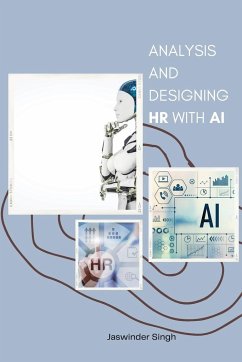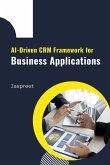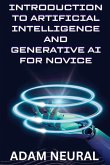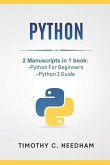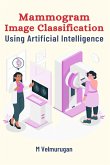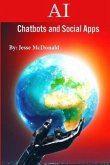Sekhon, Singh, and Jaswinder's research focuses on the use of Artificial Intelligence (AI) in Human Resources (HR) Management. The title "Analysis and Designing HR with AI" suggests that they aim to analyze the role of AI in HR and how it can be used to design effective HR strategies. AI and machine learning have the potential to revolutionize HR management by providing predictive analytics, natural language processing, and sentiment analysis capabilities. These tools can help HR professionals to make data-driven decisions that can enhance workforce planning, talent management, recruitment, employee retention, performance management, and succession planning. HR analytics is an important component of HR management that involves the use of data analysis to derive insights that can inform decision-making. AI can help in automating the data analysis process and identifying patterns that may not be immediately apparent to human analysts. Predictive analytics can also be used to forecast future trends in employee behavior, which can be used to make informed decisions about HR strategies. Designing effective HR strategies requires a thorough understanding of the organization's goals, objectives, and values. AI can help in identifying employee competencies, job analysis, compensation, and benefits that align with the organization's culture and values. Job matching and competency management tools can help in identifying the right candidates for the job and designing effective training and development programs to enhance employee skills. HR automation is an essential tool for streamlining HR processes and reducing the workload of HR professionals. AI can help in automating repetitive tasks such as resume screening, interview scheduling, and onboarding processes. Natural language processing and sentiment analysis can also be used to improve employee engagement and identify potential HR issues before they escalate. Diversity and inclusion are important aspects of HR management that are often challenging to address. AI can help in identifying and addressing bias in HR processes and promoting a more inclusive workplace culture. HR metrics can also be used to monitor diversity and inclusion efforts and identify areas for improvement. In conclusion, Sekhon, Singh, and Jaswinder's research highlights the potential of AI in HR management. The use of AI and machine learning tools can enhance HR analytics, workforce planning, recruitment, employee retention, performance management, succession planning, and training and development. The integration of AI in HR can help in designing effective HR strategies that align with the organization's goals, objectives, and values. HR professionals need to embrace AI and leverage its capabilities to achieve their organizational goals effectively.

